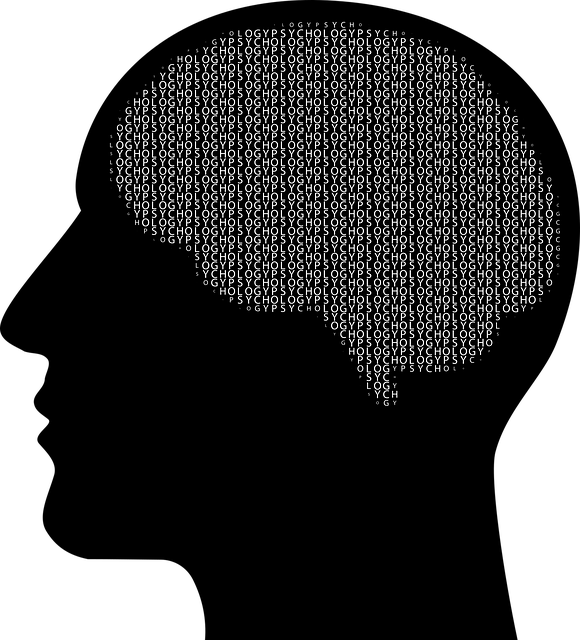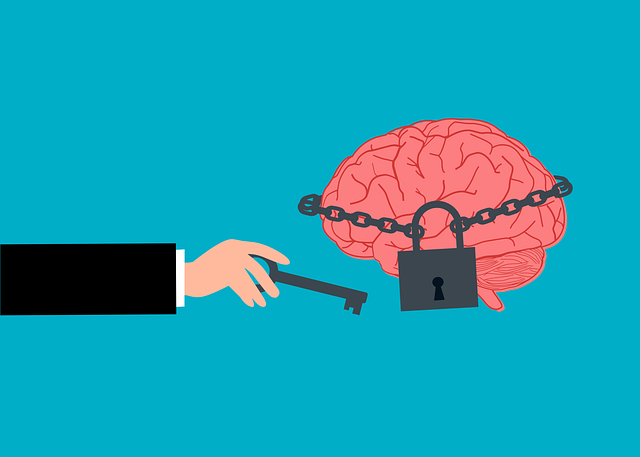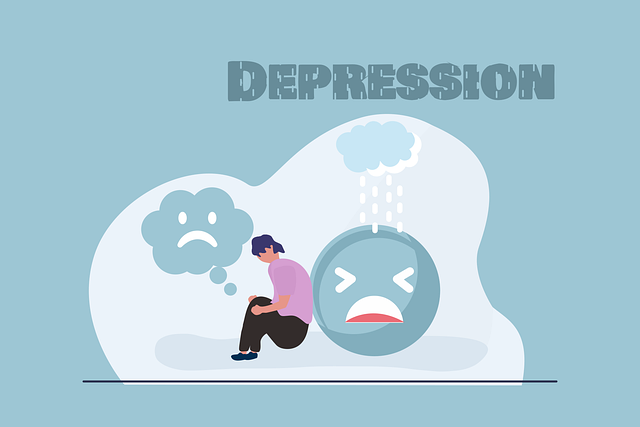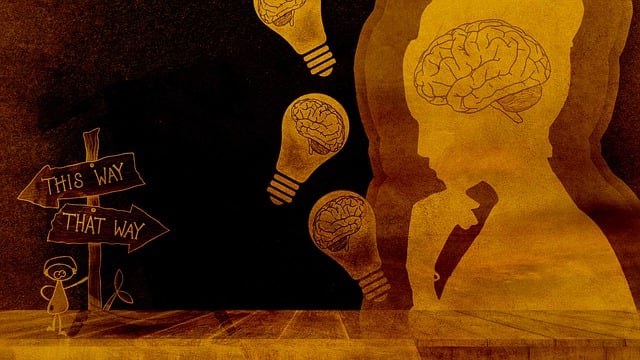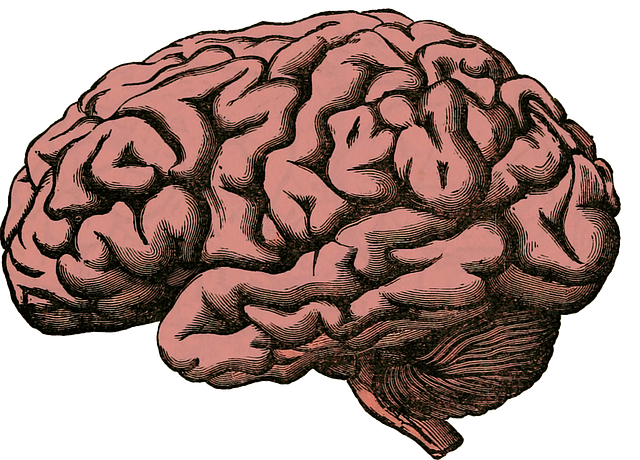Stress management is vital for mental wellness, especially in preventing psychotic disorders like Westminster Psychosis Therapy. This approach combines evidence-based techniques such as CBT and mindfulness meditation with holistic strategies including Mental Health Policy Advocacy and Risk Assessment for professionals. Cognitive Behavioral Techniques, integrated into self-care and education programs, empower individuals to manage stress and improve well-being. Mindfulness practices, like mindful breathing, cater to diverse cultural needs while promoting calmness and positive thinking. Holistic approaches, including exercise, diet, and sleep, alongside public awareness campaigns, foster a supportive culture for mental health and reduce the risk of severe disorders.
Stress reduction is a vital aspect of maintaining mental well-being. This comprehensive guide explores effective methods to combat stress, focusing on both traditional and holistic approaches. We delve into the profound impact of chronic stress on mental health and introduce Westminster Psychosis Therapy as a promising treatment option. Additionally, we cover cognitive behavioral techniques, mindfulness practices, and lifestyle changes that can significantly enhance stress management.
- Understanding Stress and its Impact on Mental Health
- Westminster Psychosis Therapy: An Overview
- Cognitive Behavioral Techniques for Stress Reduction
- Mindfulness and Meditation Practices for Calmness
- Lifestyle Changes and Holistic Approaches to Manage Stress
Understanding Stress and its Impact on Mental Health

Stress is a natural response to demanding or threatening situations, designed to prepare our bodies for action. However, chronic stress can lead to significant negative impacts on mental health. Prolonged exposure to stressful conditions may contribute to the development of various mental health disorders, including Westminster Psychosis Therapy cases. This is because chronic stress disrupts emotional regulation mechanisms, leading to heightened anxiety, depression, and even psychotic symptoms in susceptible individuals.
Mental wellness hinges on our ability to manage stress effectively. By understanding what triggers our stress response, we can implement strategies for self-esteem improvement and better emotional regulation. Techniques such as mindfulness meditation, regular exercise, adequate sleep, and engaging social connections are evidence-based methods that have been shown to reduce stress levels and promote mental health. Incorporating these practices into daily routines can help foster a sense of balance and resilience in the face of life’s challenges.
Westminster Psychosis Therapy: An Overview

Westminster Psychosis Therapy offers a range of evidence-based approaches to help individuals manage and reduce stress, with a particular focus on psychotic disorders. This therapeutic framework incorporates various techniques such as cognitive-behavioural therapy (CBT), which aims to challenge negative thought patterns and behaviours contributing to stress. CBT is often combined with mindfulness meditation practices to enhance emotional regulation and promote mental clarity.
The approach also emphasizes the importance of Mental Health Policy Analysis and Advocacy, ensuring that clients understand their rights and access to support systems. This holistic perspective extends to Risk Assessment for Mental Health Professionals, ensuring safe and effective care delivery. Through these comprehensive strategies, Westminster Psychosis Therapy strives to empower individuals to take control of their mental well-being, fostering resilience against stress and its associated challenges.
Cognitive Behavioral Techniques for Stress Reduction

Cognitive Behavioral Techniques (CBT) are highly effective methods for stress reduction and managing mental health challenges. This therapeutic approach focuses on identifying and changing negative thought patterns and behaviors that contribute to stress, anxiety, and even Westminster Psychosis Therapy cases. By understanding and challenging these thoughts, individuals can develop healthier coping strategies and improve their overall well-being.
In the context of self-care routine development for better mental health, CBT encourages setting realistic goals, practicing mindfulness, and engaging in activities that foster relaxation. It also plays a significant role in Mental Health Education Programs Design by teaching individuals to recognize triggers and develop personal strategies to navigate stressful situations. Public awareness campaigns can benefit from these techniques to spread practical tips on stress management, emphasizing the importance of early intervention and self-care to prevent more severe mental health issues.
Mindfulness and Meditation Practices for Calmness

Mindfulness and meditation are powerful tools for reducing stress and cultivating calmness. These practices, often central to Westminster Psychosis Therapy, encourage individuals to focus on the present moment rather than dwelling on past events or worrying about the future. By cultivating awareness of one’s thoughts, feelings, and bodily sensations, individuals can learn to observe stress responses without judgment, leading to a greater sense of control and resilience.
Integrating mindfulness into daily routines, such as mindful breathing exercises or body scans, can help manage stress at its source. This approach aligns with the broader goals of Cultural Sensitivity in Mental Healthcare Practice, recognizing that diverse cultural backgrounds influence perceptions of stress and well-being. Positive Thinking is also fostered through mindfulness, as it promotes a more balanced perspective, allowing individuals to navigate life’s challenges with greater equanimity. Effective stress management, thus, becomes a holistic process that nurtures both mental and emotional equilibrium.
Lifestyle Changes and Holistic Approaches to Manage Stress

Stress reduction often involves holistic approaches that go beyond traditional therapy techniques. Incorporating lifestyle changes such as regular exercise, a balanced diet, and adequate sleep can significantly manage stress levels. These foundational practices not only promote overall well-being but also serve as powerful tools to combat Westminster Psychosis Therapy challenges.
Additionally, cultivating positive thinking and boosting confidence through self-care practices, mindfulness exercises, and meditation can create a sense of calm and resilience. Public Awareness Campaigns Development initiatives play a crucial role in educating individuals about these stress reduction methods, fostering a culture of mental health awareness and support.
In conclusion, managing stress effectively is a holistic journey that involves understanding its profound impact on mental health. Techniques such as Cognitive Behavioral Therapy, mindfulness practices, and lifestyle modifications, including Westminster Psychosis Therapy, offer powerful tools for navigating life’s challenges. By integrating these strategies into daily routines, individuals can cultivate resilience, promote well-being, and find lasting calm amidst the storm of stress.


